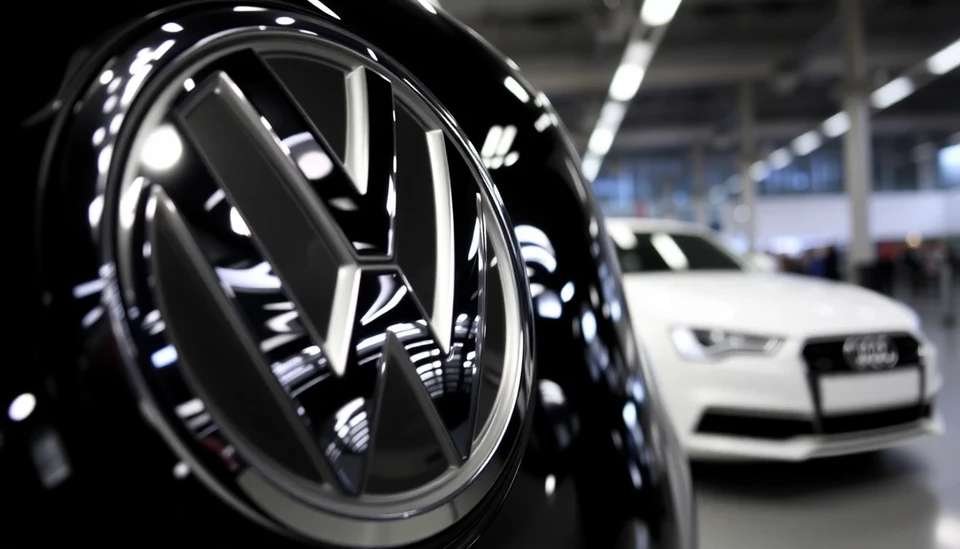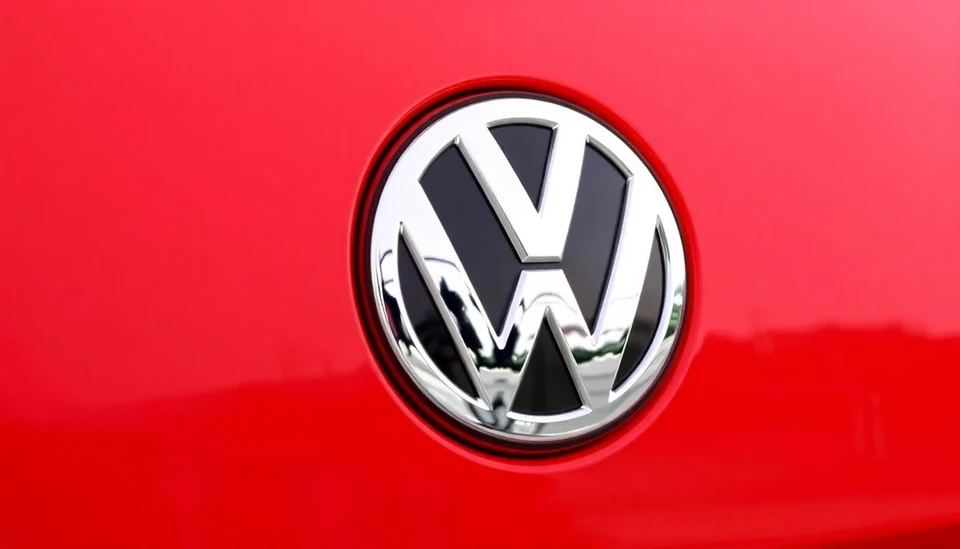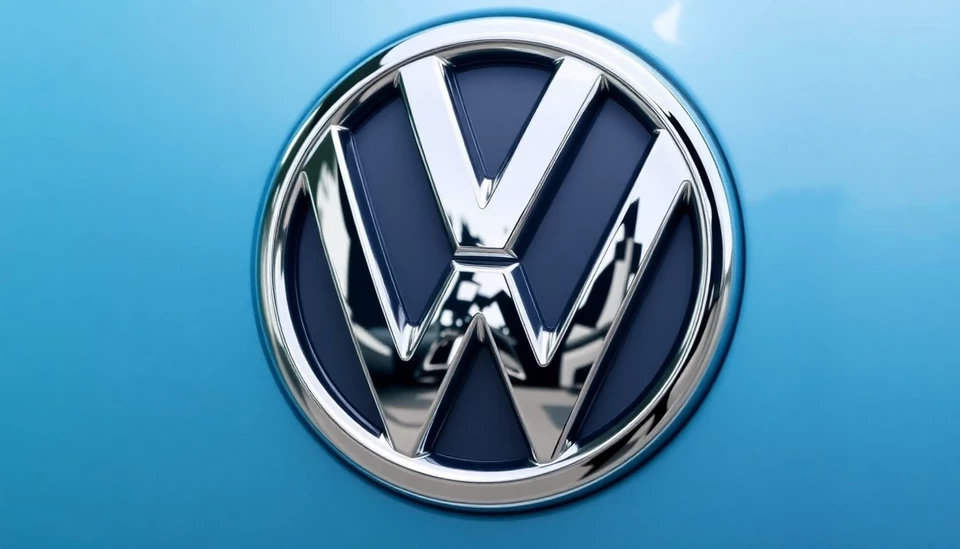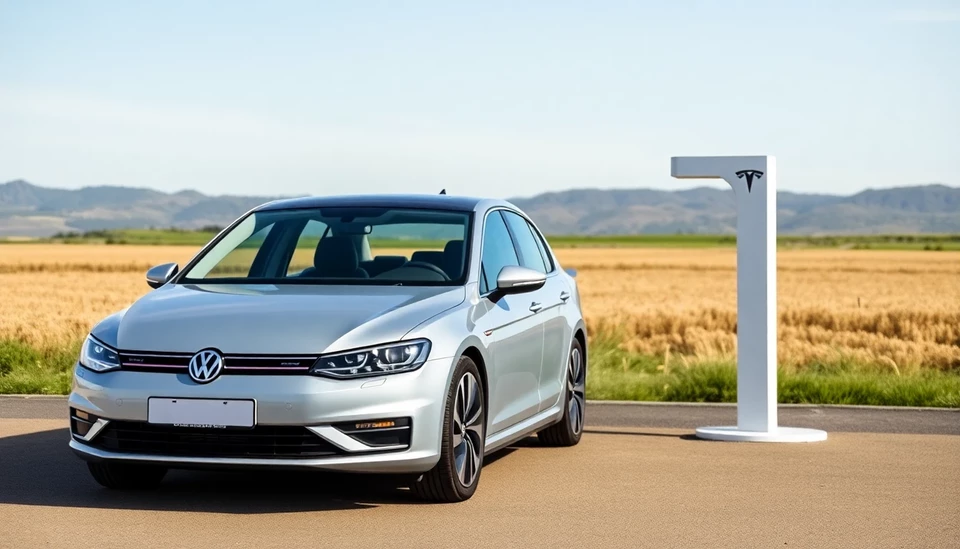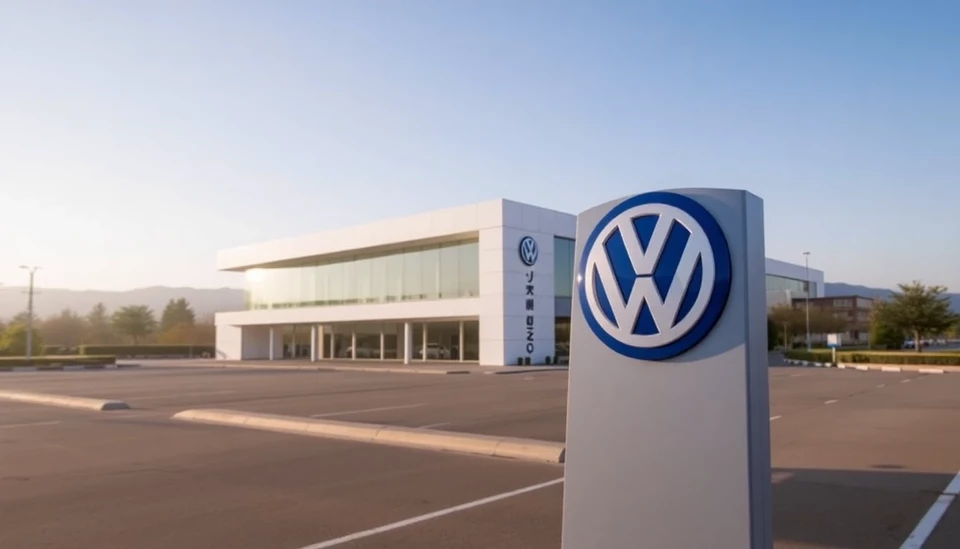
In a significant pivot toward ethical considerations and reputational management, Volkswagen AG has announced the sale of its manufacturing sites in the Xinjiang region of China. This decision follows extensive scrutiny and criticism regarding the company’s operations in the area, which has been embroiled in allegations of human rights abuses against the Uyghur population.
The German automotive giant confirmed the divestment of its facilities located in Xinjiang, effectively severing its ties with the area known for its contentious socio-political climate. This move is seen as part of a broader attempt by Volkswagen to navigate the increasingly complex landscape of global business ethics, especially amid growing concerns over supply chain transparency and human rights compliance.
Despite previously highlighting its commitment to maintaining operations in China, the company ultimately decided that the reputational risks outweighed the benefits of continuing in a region marked by allegations of forced labor and surveillance. The decision to exit Xinjiang aligns with similar moves by other multinational firms facing similar pressures. Activists have long urged companies to reconsider their presence in the region, citing persistent reports of abuses and the Chinese government’s heavy-handed policies.
Volkswagen's exit from Xinjiang marks a notable shift in its operational strategy, especially considering the region's crucial role in supplying raw materials for the electric vehicle (EV) sector. Xinjiang is a significant producer of key components such as lithium, which is essential for battery manufacturing. However, the company has emphasized that its priority remains the adherence to human rights standards, even if it means losing access to vital resources.
The sale of the Xinjiang sites is expected to be completed soon, although details regarding the buyers or financial implications of the sale have not been disclosed. Analysts suggest that this decision comes at a time when Volkswagen is ramping up its efforts to enhance its image and boost consumer confidence in its commitment to ethical business practices.
This move arrives amid heightened global scrutiny of corporate practices in regions associated with human rights violations. The international community has increasingly called for greater accountability from major corporations operating in such areas. Volkswagen’s recent decision reflects not only a reaction to this external pressure but also a strategic shift aimed at reassuring stakeholders of its dedication to corporate social responsibility.
As Volkswagen's narrative evolves, the company faces the ongoing challenge of reconciling its significant investments in China with the growing demands for adherence to human rights standards. The automobile manufacturer must navigate a delicate balance between maintaining access to one of the world's largest automobile markets and addressing the ethical concerns that have come to define operations within contentious regions.
The sale of Volkswagen’s Xinjiang properties serves as a pivotal moment in the ongoing dialogue about corporate ethics in global supply chains. With increased advocacy for human rights cutting across various sectors, it remains to be seen how this decision will influence industry norms and the behavior of other corporations navigating similar challenges.
In conclusion, Volkswagen's decision to divest from Xinjiang underscores a wider trend among multinational corporations reevaluating their operational footprints in politically sensitive regions. It signals a commitment to aligning business practices with ethical considerations, which is becoming increasingly paramount in the eyes of consumers, investors, and stakeholders alike.
#Volkswagen #Xinjiang #HumanRights #CorporateEthics #SupplyChain #ElectricVehicles #BusinessNews #GlobalTrade
Author: John Harris
